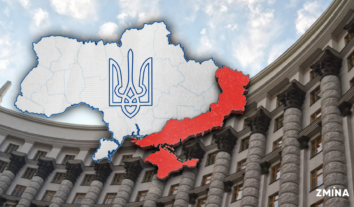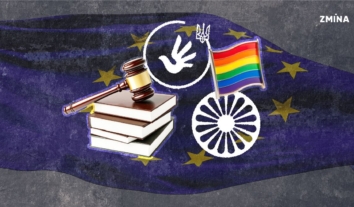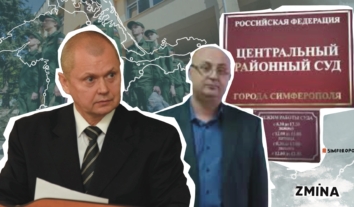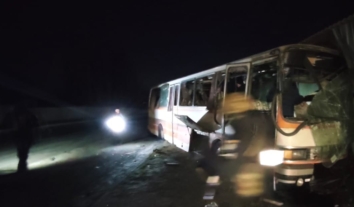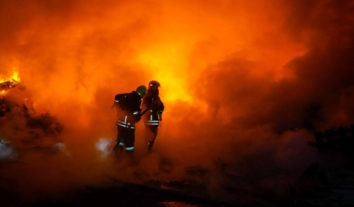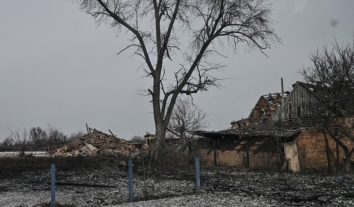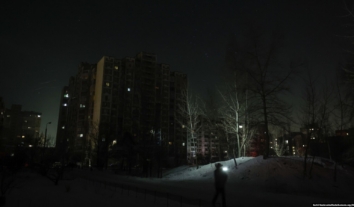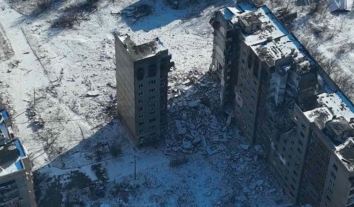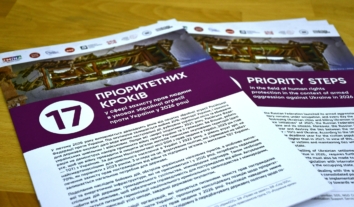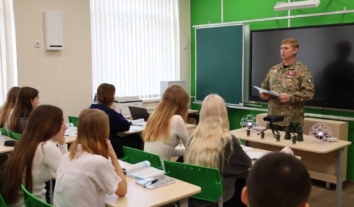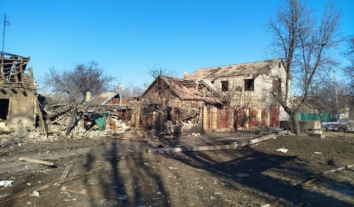Who became “judges” in the occupied part of Zaporizhzhia region
After the illegal “referendums,” Russian authorities began to form regional offices in Ukraine’s newly occupied territories, and Russian courts were established.
Previously, ZMINA has reported on who went to work in the occupation courts of the Kherson region. In this article, we will look at how and from whom the “judicial” bodies were formed in the occupied part of the Zaporizhzhia region, as well as how competent and impartial the new “judges” are.
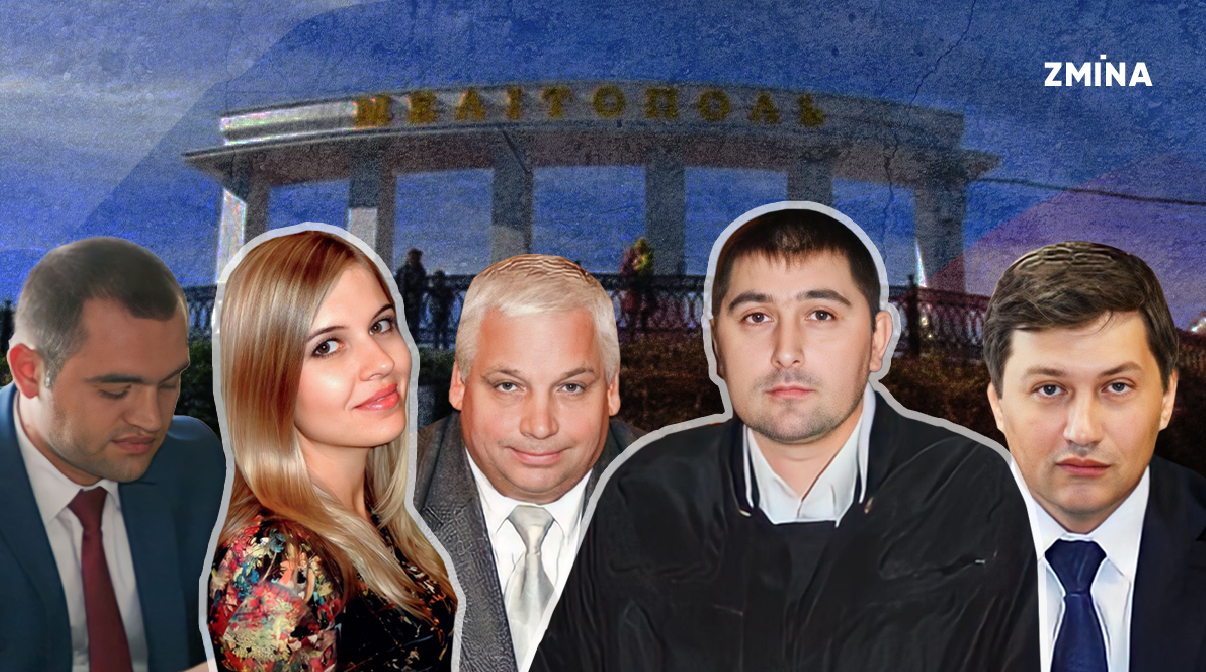
Incomplete coverage
Unlike the Kherson region, the federal law on establishing Russian courts in the Zaporizhzhia region quietly bypassed the territories the Russian military failed to occupy. For example, the law does not mention the Zaporizhzhia City Court or a court that would cover the territory of the Gulyaypillia, Novomykolaiv, or Vilnyanska communities. Russian courts of the “regional” level are located in Melitopol.
In addition, it was impossible to find publicly available information about the activities of the occupation of Enerhodar City Court or the appointment of judges there. The databases of Russian legal entities also do not contain information about such an organization.
A search for a legal entity like the Pologiv Interdistrict Court could yield similar results because the contact line is only 14 kilometers from the city.
Vasylivka, located even closer to the war front, also has no legal details and is still looking for employees almost a year after it was “legalized.”
Nizhny Novgorod enclave
Notably, judges from the Nizhny Novgorod region predominate in the full-fledged courts in the Zaporizhzhia region. In the regional court, out of 28 appointed judges, half are from the Volga-Vyatka region of Russia. Almost the same proportions are represented in the judicial corps of the largest interdistrict “courts” in Melitopol – 6 residents of Nizhny Novgorod out of 14 judges.
The “garrison court” in the Zaporizhzhia region has its atmosphere. The head of the court, Rasul Aliyev, started his career as a military judge in Grozny and Dagestan, then moved to the Moscow region and changed it to the occupied territory. Most of the other “judges” also came from the sunny south of Russia, namely, Idris Israilov, Deputy Chairman from Rostov region, and ordinary judges from Stavropol Krai and North Ossetia. After the Chechen wars, these are the regions where military justice can hardly surprise anyone.
Crimean “migrants” and traitors
There are also Crimeans among the newly appointed Zaporizhzhia “judges.” In particular, Victoria Bilyakova, the deputy head of the Nyzhnohirsk District Court, is suspected of treason in Ukraine and is involved in the persecution of two Crimeans for their pro-Ukrainian position.
Anna Gulo, a “judge” of the Leninsky District Court of Sevastopol, who was put on the wanted list by the Ukrainian prosecutor’s office, is also working there. Before her resignation, Gulo handed down at least four sentences on the peninsula for evading conscription into the Russian army. The draft itself, according to international law, is part of the war crime that Russia is committing in Crimea as an occupying power. Gulo’s reinstatement was not easy – for some time, she had to live and sleep in the “regional court” office to gain her status.
Aleksey Kozyrev, a judge from Saratov, has been a “judge” of the “Supreme Court of the Republic of Crimea” for almost nine years since the occupation of Crimea and before his appointment to the Zaporizhzhia region. During this time, he gained notoriety as an odiously biased “judge,” mainly due to his diligent attempts to curry favor with the Russian Federal Security Service (FSB) in politically motivated criminal cases on the peninsula.
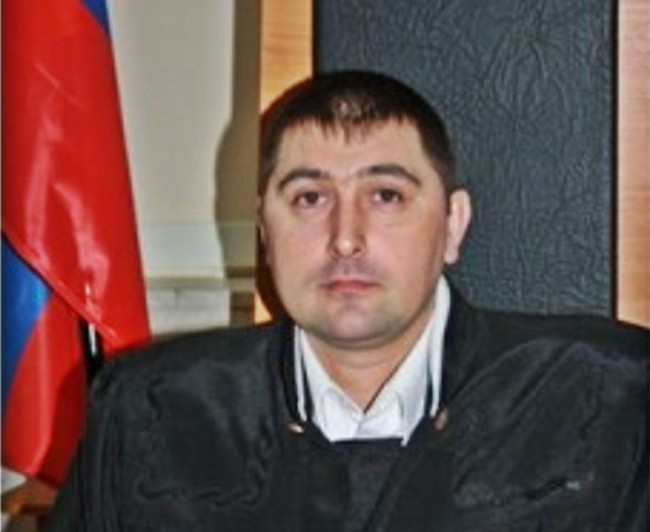 Aleksey Kozyrev
Aleksey KozyrevFor example, during the trial against Nariman Dzhelal, the Deputy Chairman of the Mejlis of the Crimean Tatar people and the Akhtemov brothers, this servant of Themis constantly prompted witnesses who gave “the wrong testimony,” interfered with the questioning of witnesses, and was repeatedly reprimanded for inappropriate irony.
Family prosecutorial and judicial contract
Of the two appointed “judges” of the Vasyliv Interdistrict Court, the “judge” with the popular surname Petrenko draws particular attention. The point is not in the name itself but in the fact that her full details are identical to those in the National Agency on Corruption Prevention (NACP) declaration of Maryna Olehivna Petrenko, who, in 2021, worked as a prosecutor of the Vasyliv Department of the Enerhodar City Prosecutor’s Office in the Zaporizhzhia region. The declaration also shows that during the reporting period, this employee married Vadym Oleksandrovych Petrenko and bought a house in Melitopol together with him.
The house’s area, date of purchase, and location in Melitopol coincide entirely with the NACP’s declaration of a significant change in the property status of the prosecutor of the Vasyliv District Prosecutor’s Office, Vadym Petrenko. However, the most remarkable thing is that a person with such data was appointed as a “judge” to the occupation of “Melitopol Interdistrict Court” in September 2023.
Career springboard
Volga-Vyatka judges, and even more so collaborators from Crimea and Zaporizhzhia region, can hardly be expected to empathize with Ukrainians from the occupied territories, especially those suspected of pro-Ukrainian sentiments. However, the professional level of these “judges” is also interesting.
Only six judges came from courts of the same level in the regional court, including the Kozyrev mentioned above from Crimea and a “judge” Valentyna Maksymenko from the “Supreme Court of the Donetsk People’s Republic,” while 16 more “judges” came from the district and city courts, i.e., with a promotion. This entity’s five “judges” made an incredible career leap, moving from the positions of magistrates who deal with hooliganism and theft to regional judges with the authority to consider grave crimes.
Meanwhile, things look even brighter in the “district courts” of the Zaporizhzhia region. In the Vasyliv Interdistrict Court, neither of the two judges had any previous experience as judges.
In Berdiansk, the work of the “court” is headed by “judge” Serhiy Valiayev. He has gained a reputation in his native Belgorod region as an obedient executor of the will of the head of the regional court in schemes to defraud shareholders of various construction projects. He has newly made “judges” under his command: Ilona Novak, a Ukrainian lawyer, and Eldar Abukov, assistant judge. Both have zero judicial experience.
Out of 14 judges in the Melitopol court, only Ihor Kharchenko had previously served as a district court judge in Stanitsa Leningradskaya, Krasnodar Territory. Six others had previously served as magistrates, including Alexander Luchkov from Lytkarino, Moscow Region. Judging by the reviews, this person is prone to addressing participants in the process on a first-name basis, being rude, and making decisions with signs of corrupt cooperation.
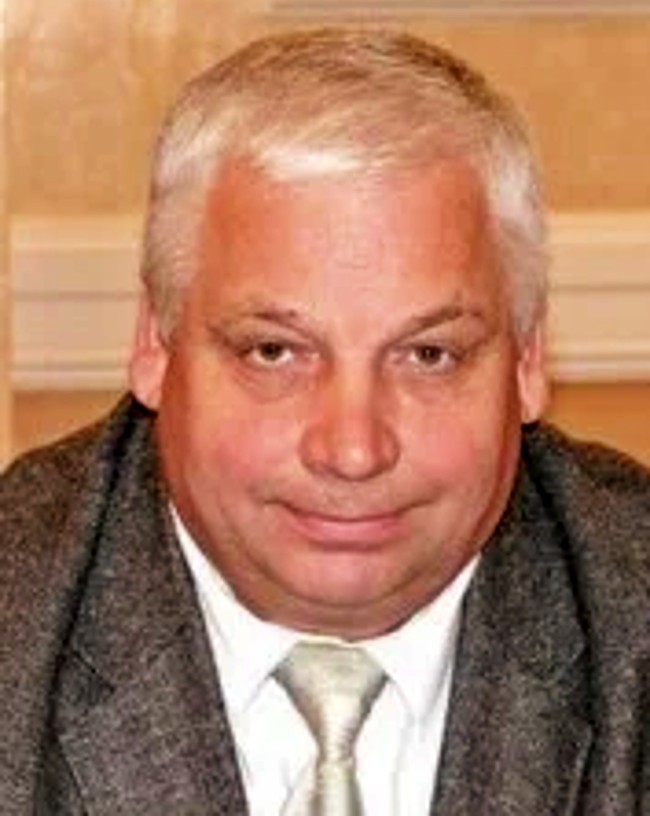 Alexander Luchkov
Alexander LuchkovThe other half of the “judiciary” in Melitopol are yesterday’s assistant judges, ex-prosecutors, and lawyers, such as Svetlana Anashkina. The latter assured the qualification commission that she had terminated her status as a Ukrainian lawyer. Still, the National Bar Association of Ukraine knows nothing about this—on its website, Anashkina remains a valid Ukrainian lawyer.
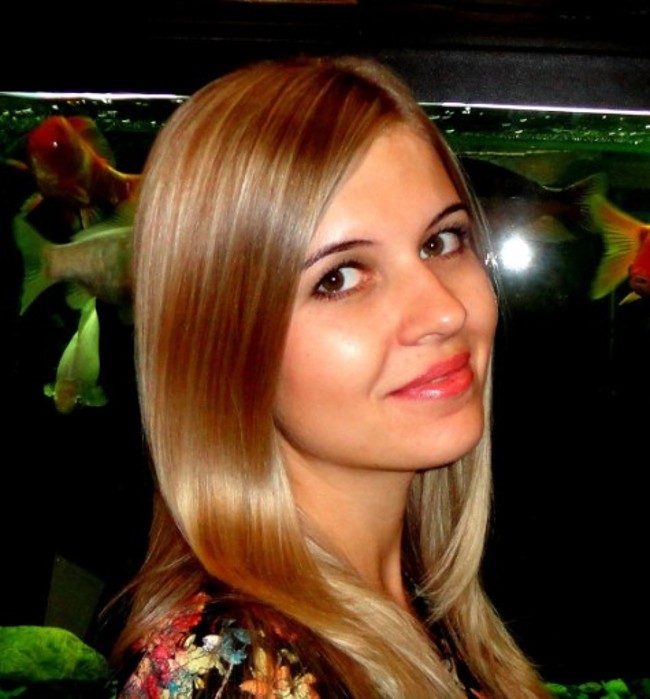 Svetlana Anashkina
Svetlana AnashkinaWhether this deception will affect Anashkina’s position in the Russian judicial system is unknown. However, Ukrainian law enforcement agencies will likely qualify her actions as high treason. For Anashkina and other collaborators, such activities are a serious crime.
As for all kinds of natives of the Russian hinterland, the question of their prosecution by the Ukrainian authorities will depend on the degree of participation in war crimes against the civilian population. Given the scale of repression against civilians in the occupied part of the Zaporizhzhia region, these judges should not expect that the “trials” will be left without due attention.


